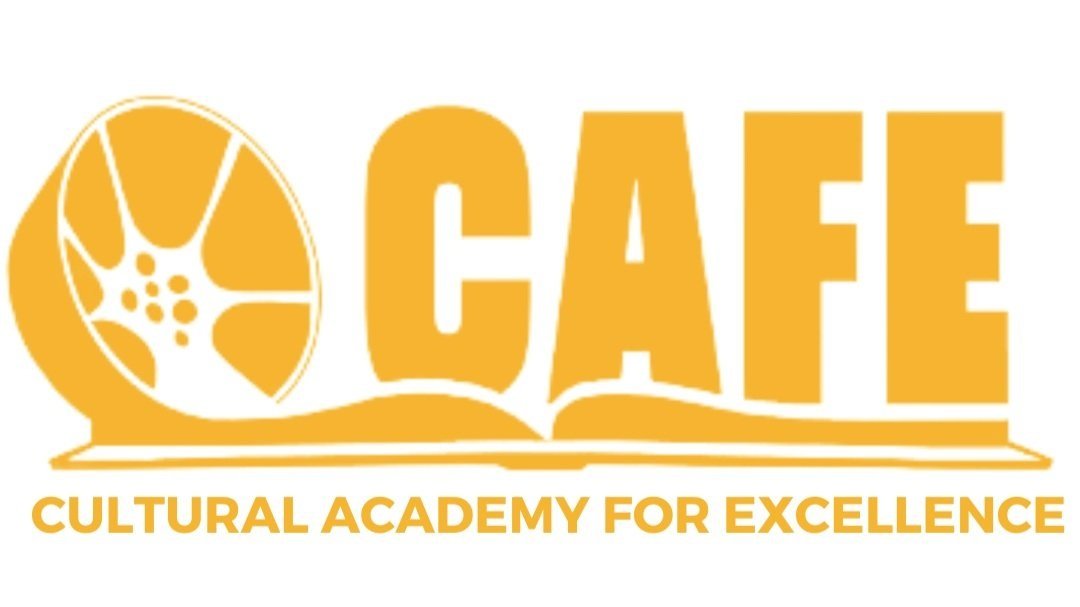CAFE Spotlight: Mrs. Susan Cole, CAFE Reading Specialist!
Nov 12
Written By CAFE Marketing
In honor of National Teacher Appreciation Week 2024.
We got an opportunity to speak Mrs. Susan Cole about what it's like to be a reading specialist for children, the creative ways in which she builds connection with them, and what it takes to be a guiding force in their lives.
Susan Cole
is a graphic designer, artist, and musician who has always rooted for the underdog! For roughly 35 years, she has dedicated her time to being a reading specialist, to be of service to those that need her, and even more specifically in need of someone with her passion and creativity, to help them along their academic journey.
As a reading specialist, how do you build connections with the children you teach, so that they trust you enough to teach them without judgment?
“Well, because I’ve been working with these kids in groups, and they tend to be so burnt out from school, over the last few months I have ordered a lot of different materials, games, and short stories, that help reinforce phonics, because that's how you break down words and understand reading, and sight words which we have a lot of in English and can be tough to learn. I never want anyone to feel embarrassed about what they're doing so I try to mix it up and keep things fun, that way the things they need to learn are less intimidating, more lightweight but still about learning… hopefully.” she laughs. “It’s important to engage them; to find ways the learning applies to things they want to do. Whether it’s their favorite animals, video games, or the cartoons they love… that connection to me is a way in.. like “oh lets find out what this character’s special attributes are!”- they would then have to look it up and read something about it. I also try to do the reading with them, like “I’ll read this line, you read this line” so that it’s not overwhelming to them."
She goes on to say all of the kids she works with are really great kids who want to learn even though they can be a bit squirrely. "
What made you want to become a reading specialist? What’s your favorite thing about it? & Did you always know you were going to work in education?
"I love reading for one thing, and I’ve always liked working with kids, specifically those that have a little difficulty. I feel like I have the right personality to be able to really help them, whereas a lot of teachers can't be as flexible. I appreciate what the kids are going through, and honestly I am just a big fan of the underdog! l like helping people who need my help, and if they don’t need my help, then somebody else can do it. For some reason that's just who I am. I felt like becoming a reading specialist was the best contribution I could’ve given to my community... I remember being in 6th grade with the teacher at the end of the year asking everyone what they wanted to be when they grew up, and I did say that I wanted to be a teacher. Truthfully, and this may sound a little over-confident but, I felt like I had a better way of teaching then the teachers I had!"
What are some things that teachers experience that usually get swept under the rug or are under-appreciated?
"Well of course we know teachers are underpaid. But some things teachers have to deal with a lot are teaching to standardized tests, and having too many kids in one class. With all the things you need to do as a teacher, it can be a very overwhelming job. The fact that people who are not classroom teachers are the ones who make decisions about the curriculum can also be very frustrating. I never worked in a public school on purpose, I didn't think I could jive with those kinds of institutions."
Are there any stigmas you often see attached to those requiring the assistance of a reading specialist or having a learning disability? How do you engage with those ideas?
"Usually there’s a real self esteem issue with kids who are having reading problems because they can get teased in school easily, and they know they should be able read, so often times students will engage in distracting behavior, doing anything to divert the attention away from their deficit. So that’s something you have to conquer as a teacher with the student and give them the confidence that you’re really going to help them. And we have to take little steps along the way for that, and there's a lot of encouragement needed as well. I point out that everyone has their own strengths and weaknesses. For example, someone that may have a little bit of a problem with reading might be an incredible musician or really good at sports. Usually the kids agree with me on that, and see the point of, and the truth in what I'm saying, and I think that helps keep their confidence up."

